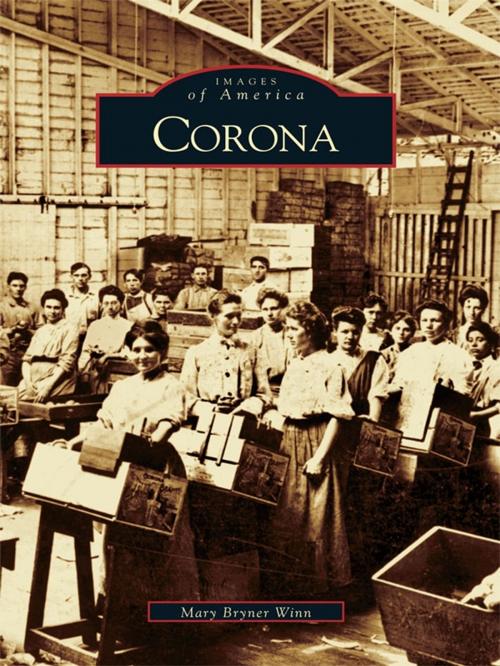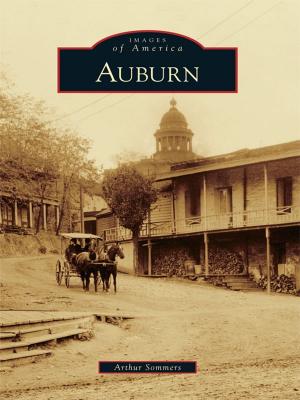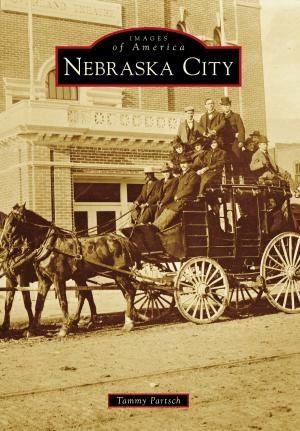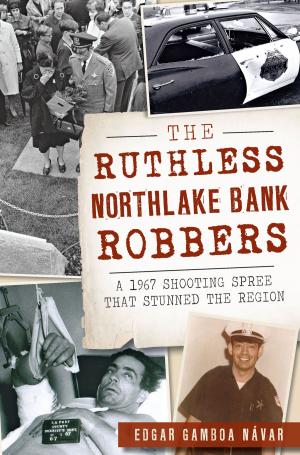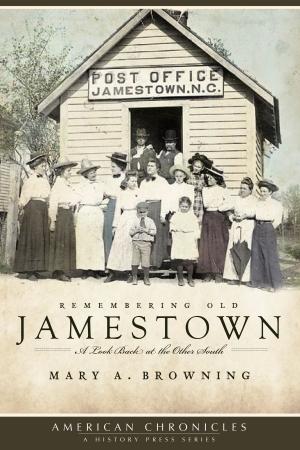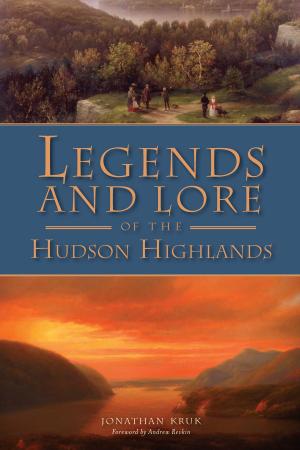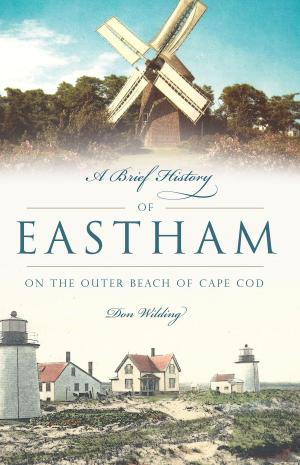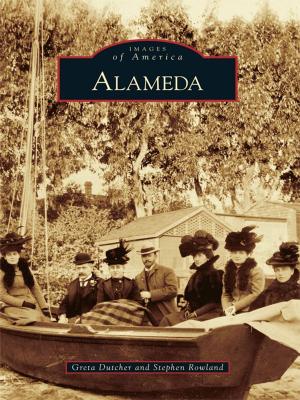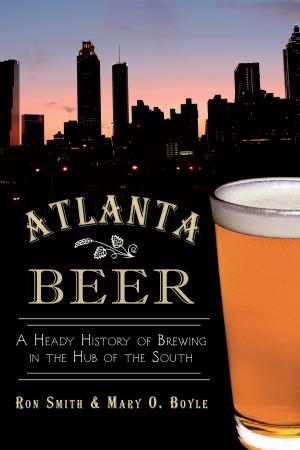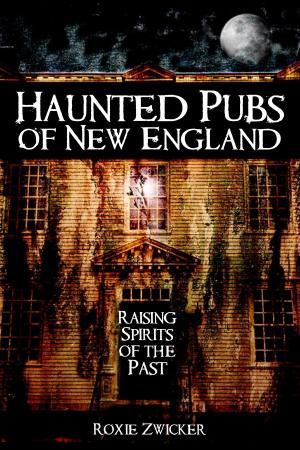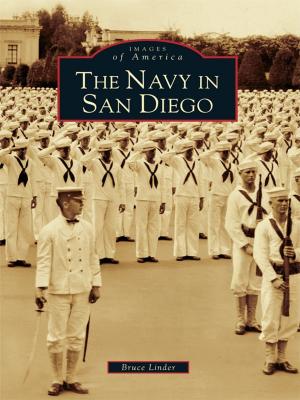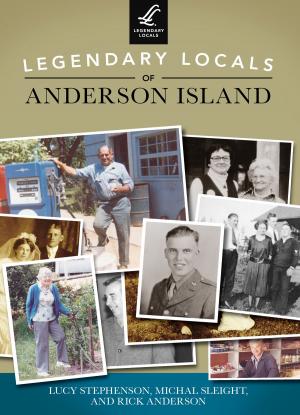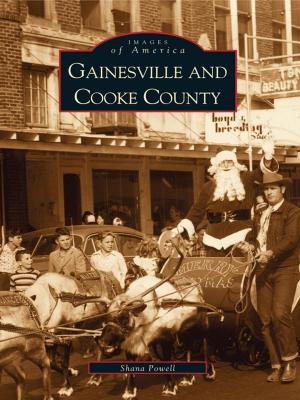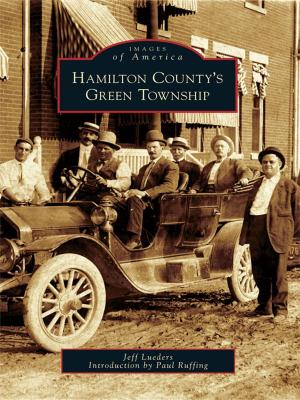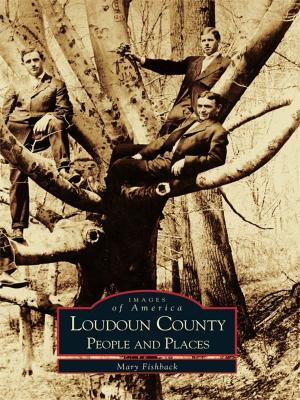| Author: | Mary Bryner Winn | ISBN: | 9781439614389 |
| Publisher: | Arcadia Publishing Inc. | Publication: | July 20, 2005 |
| Imprint: | Arcadia Publishing | Language: | English |
| Author: | Mary Bryner Winn |
| ISBN: | 9781439614389 |
| Publisher: | Arcadia Publishing Inc. |
| Publication: | July 20, 2005 |
| Imprint: | Arcadia Publishing |
| Language: | English |
Several times in the late 20th century, Corona was cited as the fastest-growing city in California, doubling and tripling its former sleepy-town size of around 25,000 in the 1970s to 150,000 in a matter of just decades. Corona has come a long way from its former offshoot identity as South Riverside in the late 19th century. Incorporated as Corona in 1896, it
survived as a dry-farming community until the arrival of citrus crops. Its status as a way station for travelers between Los Angeles and the outlying desert communities was dramatically altered in the mid-1910s when it became an internationally recognized road-racing draw for the likes of Barney Oldfield and other great speedsters of the day. As a
bedroom community today for workers in Orange and Los Angeles Counties, it is virtually a prototype of Southern California suburban growth.
survived as a dry-farming community until the arrival of citrus crops. Its status as a way station for travelers between Los Angeles and the outlying desert communities was dramatically altered in the mid-1910s when it became an internationally recognized road-racing draw for the likes of Barney Oldfield and other great speedsters of the day. As a
bedroom community today for workers in Orange and Los Angeles Counties, it is virtually a prototype of Southern California suburban growth.
Several times in the late 20th century, Corona was cited as the fastest-growing city in California, doubling and tripling its former sleepy-town size of around 25,000 in the 1970s to 150,000 in a matter of just decades. Corona has come a long way from its former offshoot identity as South Riverside in the late 19th century. Incorporated as Corona in 1896, it
survived as a dry-farming community until the arrival of citrus crops. Its status as a way station for travelers between Los Angeles and the outlying desert communities was dramatically altered in the mid-1910s when it became an internationally recognized road-racing draw for the likes of Barney Oldfield and other great speedsters of the day. As a
bedroom community today for workers in Orange and Los Angeles Counties, it is virtually a prototype of Southern California suburban growth.
survived as a dry-farming community until the arrival of citrus crops. Its status as a way station for travelers between Los Angeles and the outlying desert communities was dramatically altered in the mid-1910s when it became an internationally recognized road-racing draw for the likes of Barney Oldfield and other great speedsters of the day. As a
bedroom community today for workers in Orange and Los Angeles Counties, it is virtually a prototype of Southern California suburban growth.
